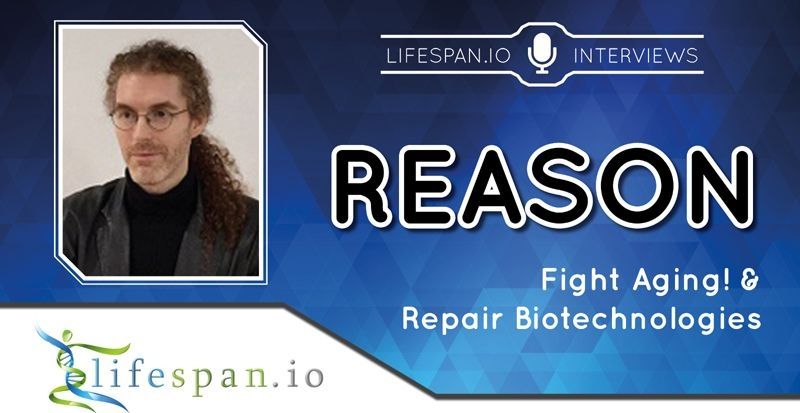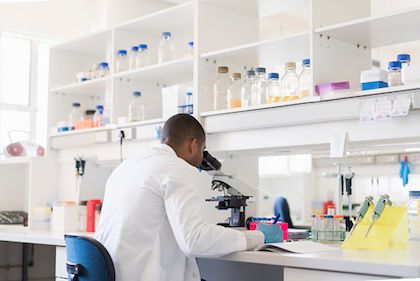The Astana Global Challenge Summit 2018 will host a series of panels and talks on longevity and rejuvenation.
As it has every year since 2008, the Astana Economic Forum (AEF) is about to take place in Astana, Kazakhstan. AEF, now also known as the Global Challenges Summit (GCS), is an international and regional non-profit platform for public discourse on topics such as economics, globalization, security, global risks, energy efficiency, innovation, and, more generally, matters concerning the future of our world and society. It was jointly created by the Eurasian Economic Club of Scientists Association and the Kazakhstan government back in 2008, and over the years, it has hosted innumerable talks and presentations by scientists, economists, world leaders, entrepreneurs, Nobel laureates, and other key people.
In our rapidly changing world, where we sometimes struggle to keep up the pace with progress, initiatives like this are greatly needed and welcome. In order to address the global issues we will face in the coming decades, cooperation, dialogue, information sharing, and networking will be pivotal, and events like the GCS are instrumental in achieving success. The themes of the 2018 event, which will be held on May 17–19, will include global strategy, sustainability, the future of money, clean energy, a unified economy, and many others. Around 500 speakers from all over the world will be on stage to discuss these important topics, sharing visions and insights to build a brighter and safer future together.
Read more








